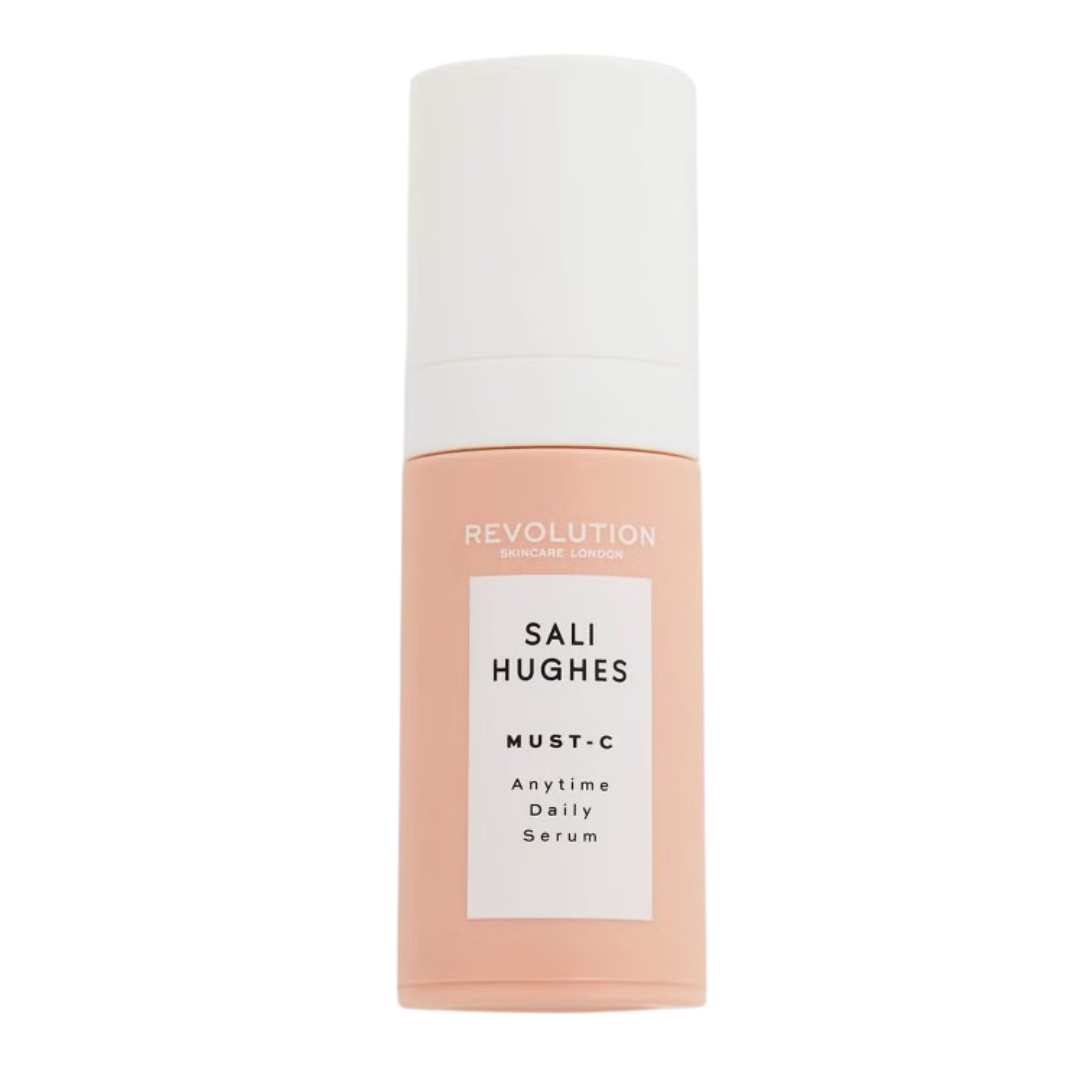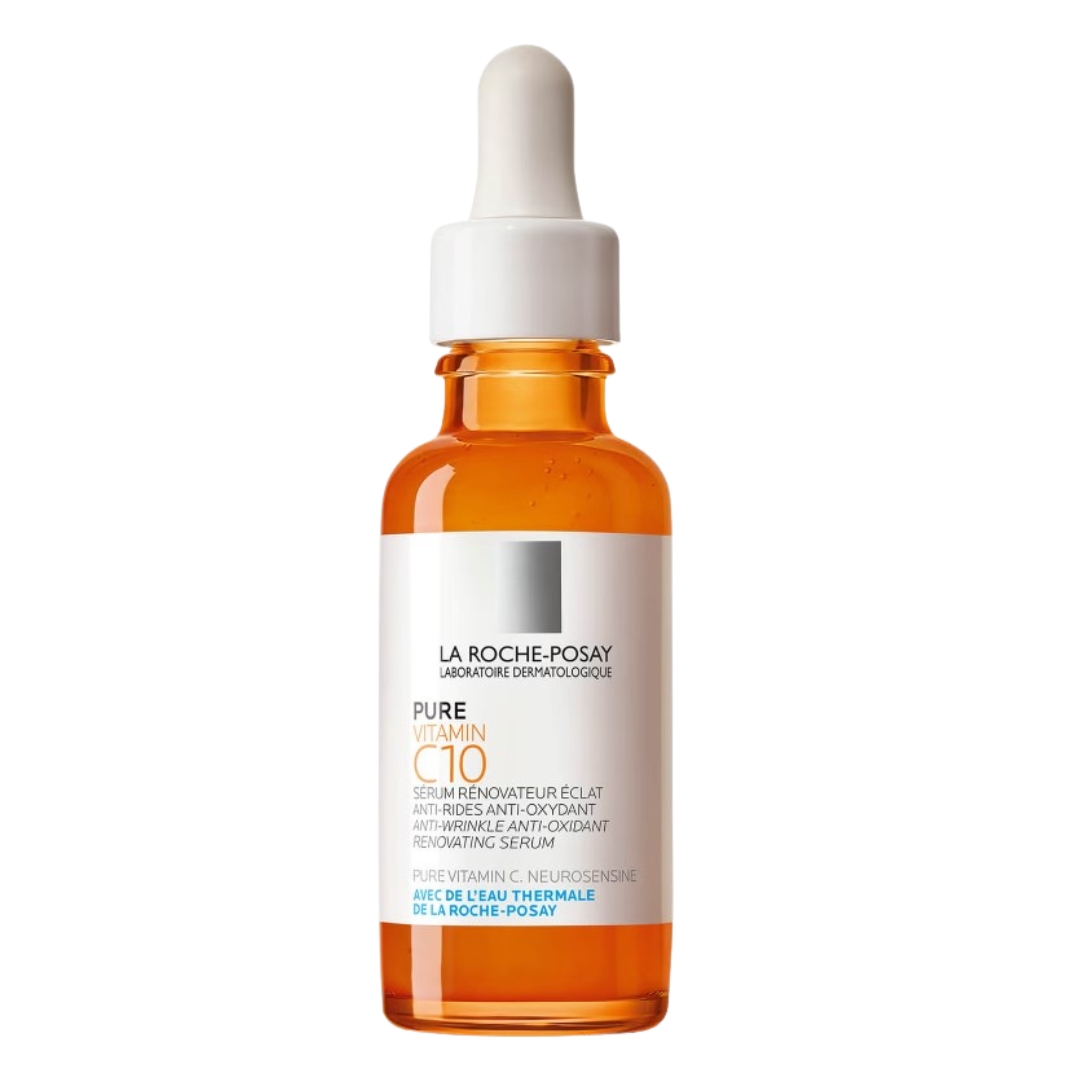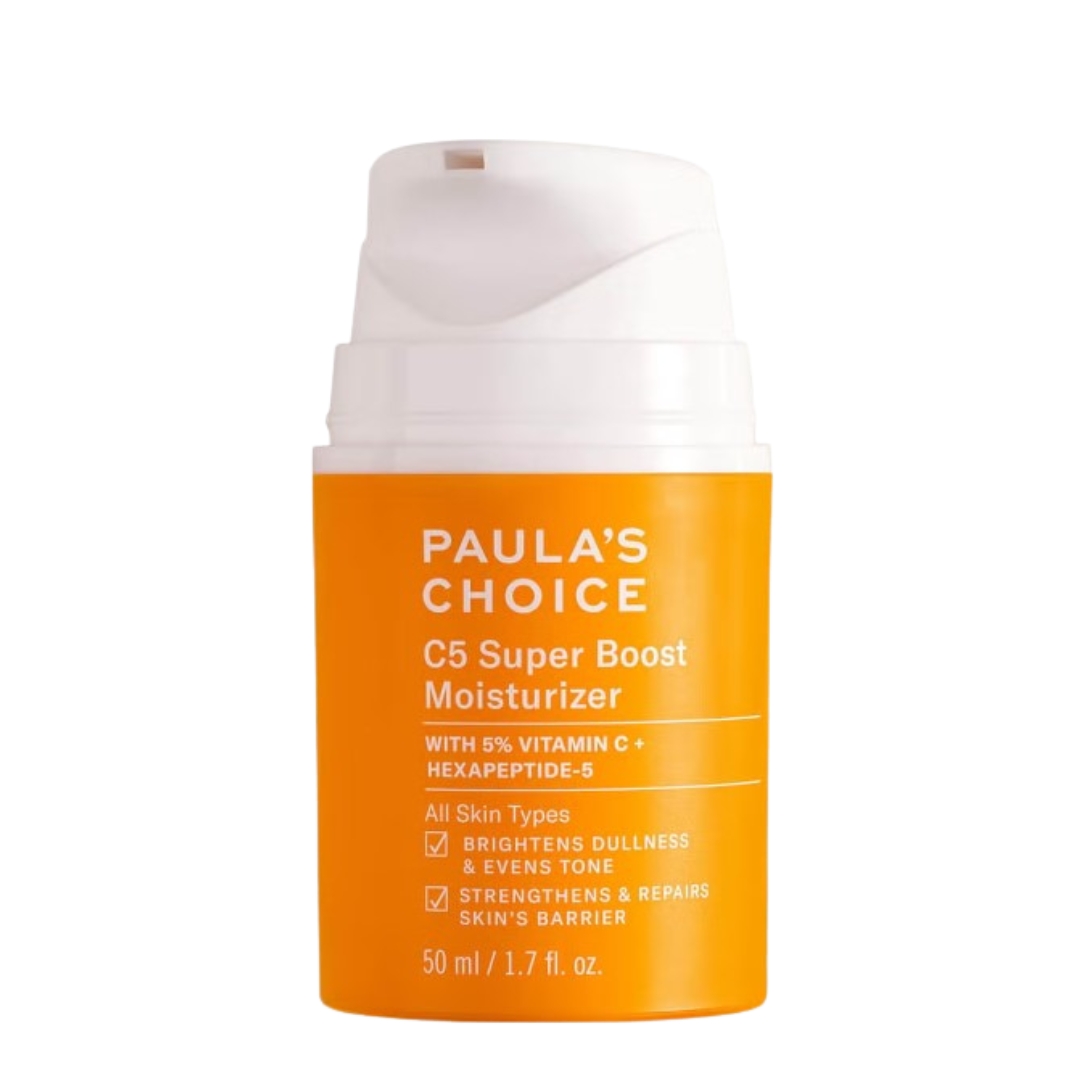How to use vitamin C for sensitive skin, according to dermatologists and skin experts
Find this ingredient irritating? Experts explain how to use vitamin C for sensitive skin in our need-to-know guide


Vitamin C has a reputation for being a powerhouse among the most commonly used skincare ingredients, with an impressive CV of skin benefits. However, that power does come with the potential to be a bit irritating in certain skin types – but it is possible to learn how to use vitamin C for sensitive skin and reap its benefits...
For the uninitiated, these benefits include providing antioxidant protection against environmental aggressors, brightening the skin, reducing the appearance of dark spots, encouraging collagen production and improving the skin's elasticity and firmness. All those considered, it's no surprise it's such a go-to.
However, some people struggle to use it without experiencing the aforementioned irritation. My skin isn’t massively sensitive, but I’m somebody who finds that using the most potent of the industry's best vitamin C serums can irritate my skin with consistent use. Fortunately, that's not the case with all products; to provide a clear guide to using this ingredient in a skincare routine for sensitive skin, I spoke to two consultant dermatologists who have shared their expertise below.
How to use vitamin C for sensitive skin: the expert guide
Can I use vitamin C if I have sensitive skin?
The good news is that yes, it is possible to use vitamin C if you have sensitive skin. Dr Derrick Phillips, consultant dermatologist at One Wellbeck and Skin55, confirms that all skin types can use vitamin C. It comes down to the specific form of vitamin C that’s used, as some are more suitable for sensitive skin types than others – which our experts elaborate on further into this guide.
What is the best form of vitamin C for sensitive skin?
“The choice of the form of vitamin C and the concentration used is crucial [when dealing with sensitive skin],” says Dr Aiza Jamil, consultant dermatologist at sk:n Clinics. Pure vitamin C is known as L-ascorbic acid and is known for being stable and getting results. “It can be effective, but it may cause irritation in some individuals, especially those with sensitive skin,” says Dr Jamil. “Look for products with a lower concentration – around 5-10% – and gradually introduce them into your skincare routine.”
Other forms of vitamin C that are commonly used in skincare products include derivatives, which don’t tend to have the same irritating effects. “Sodium ascorbyl phosphate, ascorbyl palmitate and tetrahexyldecyl ascorbate are stable derivatives of vitamin C and are less irritating than pure vitamin C, hence suitable for sensitive skin,” Dr Jamil confirms.
Our beauty expert recommends...
Sign up to our free daily email for the latest royal and entertainment news, interesting opinion, expert advice on styling and beauty trends, and no-nonsense guides to the health and wellness questions you want answered.
How to add vitamin C to your skincare routine
As with any active ingredient that is new to your skincare routine, if you are using vitamin C for the first time it’s important to take a cautious approach – but especially so if you know that you have sensitive skin. “A patch test should be performed before widespread application,” recommends Dr Phillips. Do this 48 hours before using your new product properly for the first time to see how your skin reacts.
It’s also important to take it easy initially. “If you have sensitive skin, it's essential to introduce vitamin C gradually to prevent irritation,” says Dr Ifeoma Ejikeme, medical consultant, skin expert and founder of the Adonia Medical Clinic. "Begin by using a lower concentration of vitamin C serums or creams, preferably every other day or a few times a week." As your skin acclimatises, you may be able to build up to everyday use.
Finally, if you are using a vitamin C serum specifically, "Using a moisturiser immediately afterwards will further reduce the risk of irritation," Dr Phillips adds. Your moisturiser helps to lock in your serums and should be the final step in your skincare routine, apart from in the mornings when you should always end with one of the best facial sunscreens.
So, despite the potential of some forms to be irritating, it's perfectly possible to use vitamin C within your skincare routine if you have sensitive skin. Use a lower concentration and/or a gentler form and introduce it to your regime gradually and you should still be able to enjoy its benefits.
Lucy is a UK-based beauty journalist who has written for titles including Marie Claire, Glamour and OK!, as well as contributing to woman&home. Her work covers everything from expert skin and haircare advice to beauty trends and reviews of the latest products. During her career she regularly speaks to the industry's leading hairdressers, dermatologists and make-up artists, has covered backstage at London Fashion Week and interviewed many a celeb about their beauty routine.



